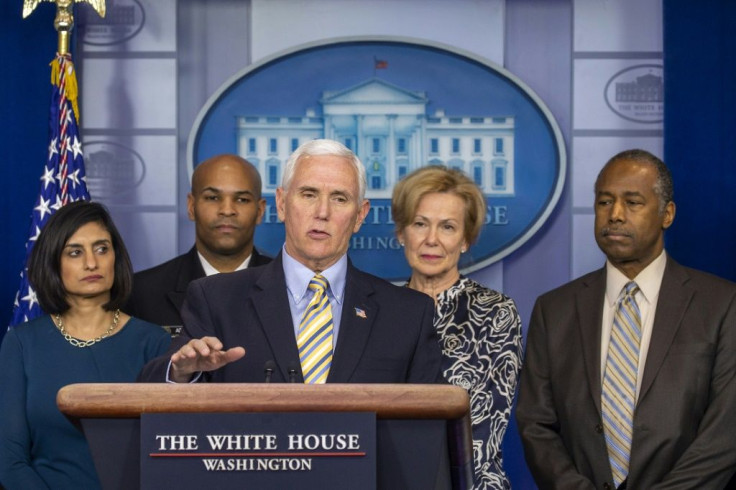Coronavirus Update: US Expands Travel Ban To UK, Ireland

As the Covid-19 coronavirus continues to spread quickly across the country, the U.S. government has announced an extension of its current travel bans. Announced on Saturday and going into effect Monday at midnight, the Trump administration has added the U.K. and Ireland to its European travel ban.
“If you don't have to travel, I wouldn't do it,” President Trump said. “We want this thing to end. We don't want a lot of people getting infected.”
Per the conditions of the current restrictions, the ban will not affect U.S. citizens and permanent residents, or their close family. Anyone who falls under these parameters can still travel home from one of 13 airports that can conduct Covid-19 screening.
The government has confirmed over 2,200 cases confirmed in the U.S. so far, resulting in 50 deaths. The virus has been found in nearly every state, in addition to the District of Columbia and Puerto Rico.
Actions to combat the global sweep of Covid-19 have been numerous in the past week. On Wednesday, the World Health Organization officially classified this new strain of coronavirus as a global pandemic. On Friday, following a slow reaction early on, Trump declared a state of emergency in response to the virus, freeing up over $40 billion in emergency funds to help local and state governments address the issue.
Over 155,000 cases have been confirmed worldwide, according to Johns Hopkins University, with over 5,800 deaths.
Countries like China, where the virus originated, and Italy, have instituted lockdowns in response to its spread. Spain, which has had over 6,100 confirmed cases, is reportedly close to declaring a nationwide lockdown.
© Copyright IBTimes 2025. All rights reserved.





















